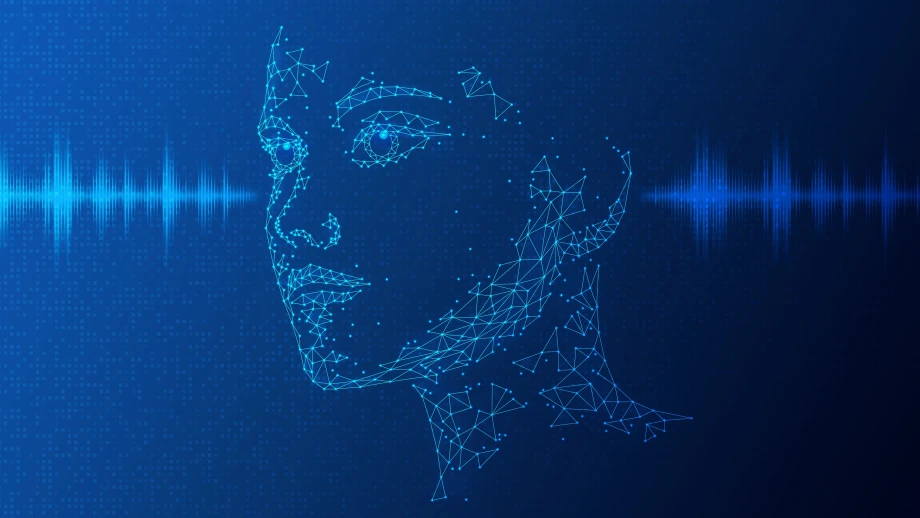Article
3 min read
Case study: Machine vision, failure detection
Machine vision is now an accepted and widely used technology in quality assurance. The "traditional" approach is that the technology detects deviations based on pre-programmed rules. Artificial Intelligence (AI) allows a much broader and more flexible approach, which we would like to illustrate briefly in this article through a practical example:

Suppose our client is a company that manufactures special parts. The parts in question are only a few cm in diameter, to be incorporated in high-value products, and are critical parts thereof in terms of quality. The company therefore performs 100% visual inspection quality control. Out of more than 100 different part types, machine vision-aided quality control was applied to 10 among them using conventional programmed technology. The quality of sorting was adequate, but the changing product portfolio meant that the equipment involved was later able to inspect fewer and fewer types. However, the system was inflexible in dealing with the different quality issues: The vast majority of parts were eventually checked by human operators, with 40 quality inspectors working in 3 shifts and subject to continuous production. The challenges of human inspection are as follows:
uneven selection quality (varying by and between individuals),
fluctuation, uncertainty of availability, training costs,
"manual" statistics on defect types.
The AI approach to the above challenges can provide an appropriate response. The equipment can check most of the parts manufactured by our partner. The solution developed by Stratis provides the following benefits for clients:
stable selection quality.
applicable to the parts produced by most customers.
the range of products selected can be expanded and adapted continuously,
the quality of selection can be improved continuously,
immediate and continuous feedback provided on the quality of selected parts,
equipment available 24 hours a day, stable, up and running seven days a week,
using the equipment does not require specialist knowledge,
human workforce efficiency increased more than tenfold with its use.
The custom-built equipment developed for our client is capable of testing 20-30 thousand parts per shift. This means a sorting speed of 0.5 sec/part. According to our calculations, with the above parameters the machine investment will pay off in 1-2 years of operating time.
About author

Gáspár Sándor has been leading Stratis' artificial intelligence division since 2020, bringing over 20 years of experience in data science. Together with his team, he develops machine learning-powered decision support solutions for large enterprises, leveraging our clients' existing data assets. Additionally, he assists in automating our clients' existing processes using deep neural networks-based NLP and machine vision solutions.


















